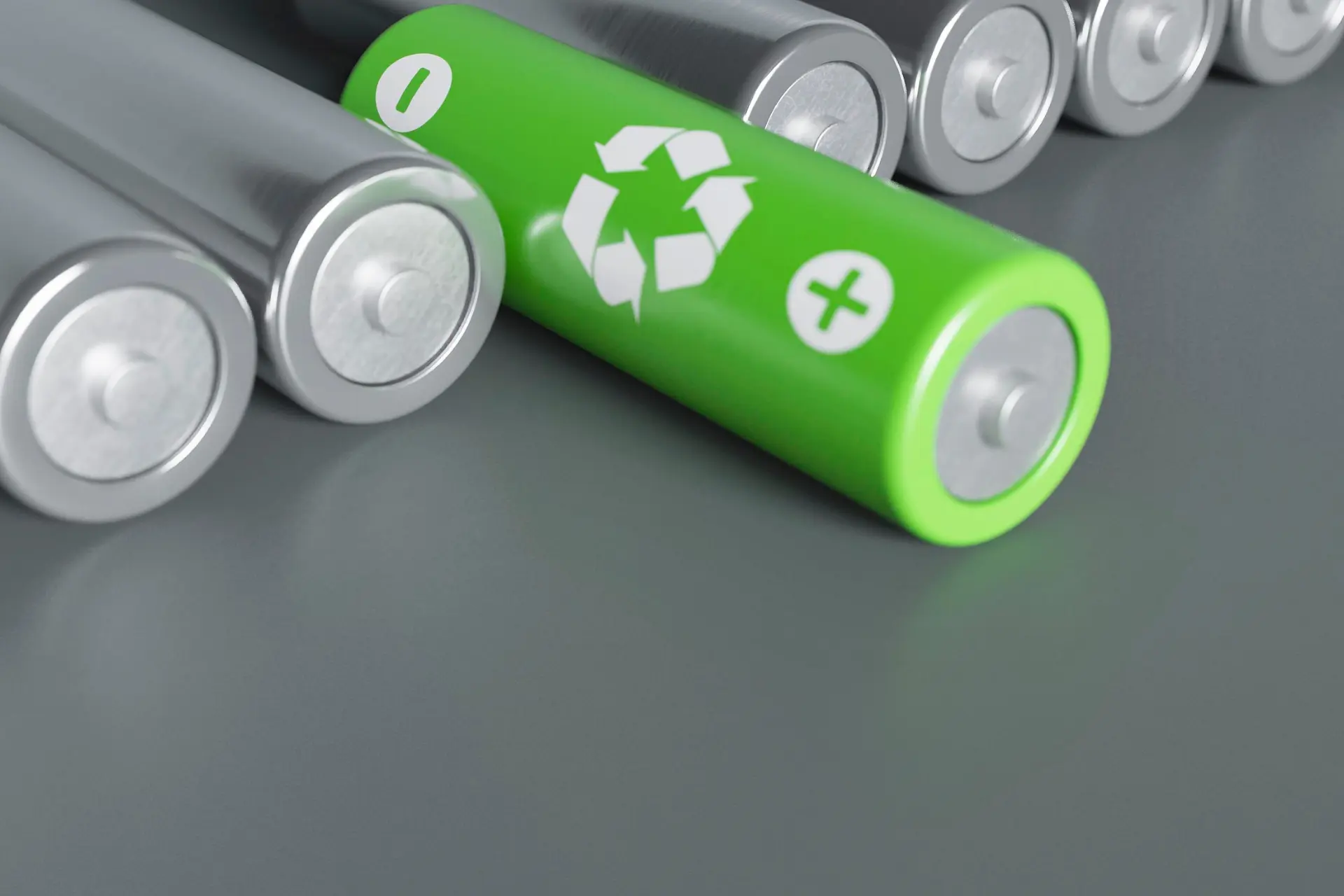Introduction
What Are Packaging Recycling Notes (PRNs)?
Packaging Recycling Notes (PRNs) are official certificates that validate the recycling of a specified amount of packaging waste. Typically, one PRN represents the recycling or recovery of one tonne of a specific packaging material, such as plastic, glass, or cardboard. These notes are generated by accredited reprocessors and exporters who recycle or recover packaging waste in compliance with regulatory standards.
PRNs play a crucial role in the UK’s waste management system. By requiring producers to purchase these certificates, the system ensures that they financially contribute to the recycling of packaging waste. This not only incentivises recycling but also creates a structured economic model that supports environmental protection. PRNs are also used to monitor compliance with national recycling targets and help channel investment into recycling infrastructure.
Overview of the Article
In this article, we delve into the regulatory context of PRNs. We explain the mechanics of how they work, identify who is affected by the system, and evaluate the market dynamics. We will also highlight the environmental and economic implications of PRNs and offer guidance for businesses on staying compliant with current and upcoming legislation.
Background to Packaging Waste Regulations
The Producer Responsibility Obligations
The UK’s Producer Responsibility Obligations (Packaging Waste) Regulations have been in place since 1997, rooted in European Union directives. These regulations place a legal duty on businesses to take responsibility for the environmental impact of the packaging they place on the market. Obligated producers are required to either recycle a proportion of their packaging waste themselves or purchase PRNs as evidence that recycling has taken place elsewhere.
Environmental and Legislative Context
Packaging waste, if not properly managed, can lead to pollution in waterways, harm to wildlife, and increased carbon emissions. The PRN system helps to reduce these risks by promoting responsible packaging use and ensuring that a measurable quantity of waste is being recycled. It supports the transition towards a circular economy, where there is re-use and recycling of materials rather than sent to landfill or incineration.
What Are PRNs and PERNs?
PRNs and PERNs (Packaging Export Recovery Notes) function similarly but are issued in different contexts. PRNs are generated when packaging waste is recycled within the UK. PERNs, on the other hand, are issued when waste is exported and recycled abroad. Both act as evidence of recycling and are essential for companies to meet their compliance obligations under the packaging regulations.
PRNs vs Recycling Certificates
Recycling certificates are often informal documents that showcase a company’s commitment to sustainability. While they may be evident in marketing or internal reporting, they hold no legal weight. PRNs, conversely, are formal, regulatory instruments recognised by the Environment Agency. They are mandatory for compliance and there is careful tracking and auditing in place.
How the PRN System Works
- Role of Reprocessors and Exporters: Reprocessors and exporters must be accredited by the Environment Agency or devolved regulatory bodies to issue PRNs and PERNs. Accreditation involves rigorous checks on their recycling processes, record-keeping, and environmental compliance. Once approved, these organisations issue PRNs for every tonne of packaging material they recycle or export for recycling.
- Buying and Selling PRNs: PRNs are traded on open marketplaces or through compliance schemes. They are bought by producers to fulfil their recycling obligations. Prices fluctuate throughout the year depending on market factors such as availability of recyclable material, demand from producers, and changes in legislation. The market operates similarly to a commodity exchange, where scarcity can drive prices up.
- Compliance and Reporting: Each year, businesses must calculate how much packaging they have placed on the market and acquire the equivalent number of PRNs to meet their recycling targets. These PRNs must be submitted as evidence to the Environment Agency. Failure to comply can result in penalties, including fines and reputational damage.
Obligated Businesses and Compliance
Who Needs PRNs?
Businesses that handle more than 50 tonnes of packaging annually and have a turnover exceeding £2 million face a legal requirment to comply with the PRN system. These are referred to as “obligated producers.” They may include manufacturers, importers, distributors, and retailers, depending on their role in the packaging supply chain.
Calculating PRN Requirements
To determine their obligations, businesses must gather data on the packaging they handle, broken down by material type. The government sets specific recycling targets for each material. These are applied to the data to calculate how many PRNs of each type are necessary. Accurate data collection is essential to avoid under- or over-compliance.
Key Deadlines
Obligated producers must register with the Environment Agency or a compliance scheme by 7 April each year. They must acquire sufficient PRNs to cover their annual obligation by 31 December and submit their final evidence by 31 January of the following year.
The Role of Compliance Schemes
What They Do
Compliance schemes offer a managed service for businesses to meet their PRN obligations. These schemes handle the procurement of PRNs, maintain necessary records, prepare compliance documentation, and ensure organisations meet all regulatory deadlines. They act as intermediaries between producers and the PRN market.
Joining a compliance scheme can significantly reduce administrative burden and help businesses achieve cost-effective compliance through pooled buying power. However, membership fees apply, and some producers prefer to manage their own compliance to retain control and visibility over their obligations and costs.
Market Dynamics and Challenges
- Price Volatility: The PRN market is inherently volatile. Several factors such as seasonal changes in recycling rates, economic conditions affecting material supply, and policy developments can influence prices. Sudden price increases can pose budgeting challenges for producers, especially those without long-term procurement strategies.
- Fraud and Oversight: To prevent fraud, the Environment Agency conducts regular audits of reprocessors and exporters. These audits ensure that issued PRNs correspond to genuine recycling activity. Penalties for fraudulent PRNs include revocation of accreditation and legal action, which helps to maintain the integrity of the system.
- Supply and Demand Issues: Disruptions in the recycling chain, such as facility closures or export restrictions, can limit PRN availability. When supply is tight, PRN prices rise, placing financial pressure on producers. Diversifying sources of PRNs and promoting domestic recycling capacity can be ways to stabilise the market.
Environmental and Economic Impact
Supporting Recycling Infrastructure
Revenue from PRNs helps finance the UK’s recycling infrastructure. This includes investments in processing facilities, collection services, and research into innovative recycling technologies. By directing funds into the system, PRNs play a part in improving national recycling performance.
Critics argue that the PRN system enables “greenwashing,” where businesses appear compliant without genuinely improving sustainability practices. Others highlight a lack of transparency in where and the use of funds. As a result, there is growing demand for reform to increase accountability.
Future Reforms
The upcoming Extended Producer Responsibility (EPR) reforms aim to address these concerns. Under EPR, producers will bear the full cost of managing packaging waste, including collection and disposal. There may be an adjustment of fees on the basis of the recyclability of packaging materials, incentivising better design and materials choice.
Staying Compliant and Informed
Best Practices
To stay compliant, businesses should establish robust systems for tracking packaging data, forecast PRN needs early in the year, and monitor market trends. This proactive approach can help manage costs and avoid last-minute compliance issues.
Official guidance from the Environment Agency, WRAP, and industry bodies provides essential information. Many businesses also engage environmental consultants or legal advisors to navigate complex supply chains and ensure full compliance.
Summary
Packaging Recycling Notes are central to the UK’s packaging waste management strategy. They provide a legally recognised mechanism for sharing the burden of recycling and support the broader goals of environmental sustainability.
As regulatory expectations rise, businesses must take an active role in managing their packaging waste responsibilities. Embracing the PRN system not only ensures legal compliance but also contributes to a cleaner, more sustainable future.



